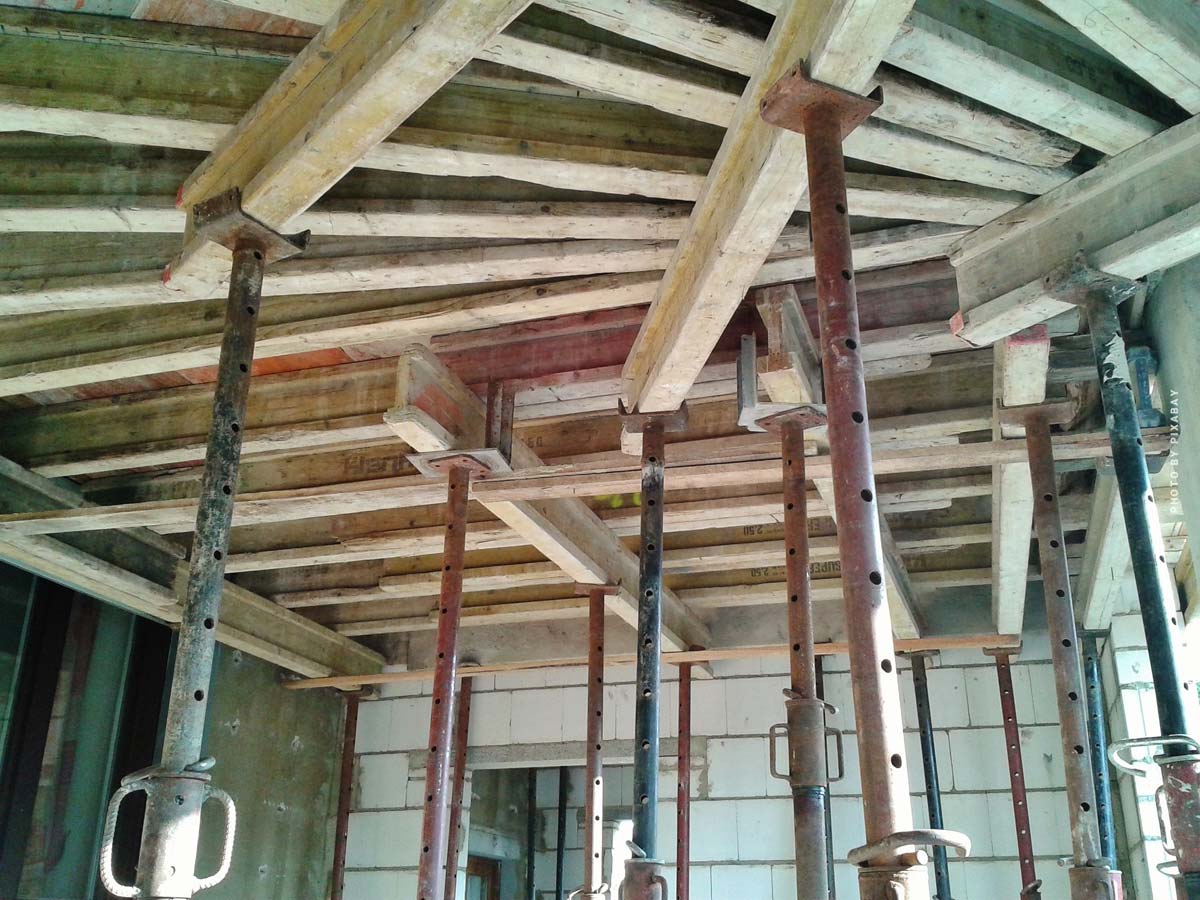Building a house – these are the costs you will have to pay
Building a house is a dream that is cherished by many. Your own four walls, self-determination and an investment in the form of a property. However, many costs come here on you and before you decide to build a house, you should first consider their financial situation and clarify a construction financing. There are many questions to ask about your equity, your monthly expenses but also about your living situation and your future plans. So before you start planning, the first step should be to have a solid foundation to build on.
8 things you need to consider when financing a home.
After a lot of back and forth, you have now made a decision and would like to take the step of building a house. Now you want to start planning for their own home, but where do you start. The construction financing is the basis to fulfill their desire. But what do you need for a construction financing, where do you get good offers and how are the interest rates at the moment? Keep these 9 tips in mind when considering construction financing. However, caution is called for, because financing crises come to future homeowners faster than you think. So arm yourself against the biggest Finanzieurngskrisen.
The loan amount – in what price ranges do you want to build?
The loan amount is the first important point, with which you should deal. This depends of course on their own equity and their ideas of the new property, but it is important to always calculate a buffer. When building a house, many things can go wrong and additional costs arise over the calculated. So you nciht get into tight spots you should calculate a buffer with in their required loan amount. It is also worth knowing that in 2017 a court decision ruled that banks may no longer charge fees for value credit, which is usually obtained before granting the loan. Think about a realistic price range in which your property should be. For this purpose, feel free to consult comparable properties.
Your equity – How much can you invest yourself?
Equity is a prerequisite for obtaining a loan in the first place. Your equity therefore plays a major role and you should be clear about how much you want to invest yourself. Usually, a sum is calculated that should be about 20 percent of the purchase price. This is important in order not to have to increase the loan amount directly in case of a sudden event. The lender calculates here with the default security of the borrowing.
The flexibility – keep your loan as flexible as possible
There are many risks that can occur with financing. From sudden loss of earnings to rescheduled offspring. So you should make sure that your loan can flexibly adjust to spontaneously changing life circumstances. To ensure this, make sure they have the option of immediate repayment and unscheduled repayments in their loan. Rather, play it safe and prepare for the event of a problem so that you are not confronted with problems afterwards that you could have avoided. Such risks also include sudden repairs to your property or unplanned expenses that you could not calculate in advance. Learn more about financing risks!
The burden – how much can you afford to pay off each month?
Before you decide on a construction financing, you should calculate the monthly burden that you can afford to pay off the loan. The rule of thumb is that this should not be more than 40 percent of your net income monthly. This is because you need to continue to be liquid each month to be able to pay your other financial expenses. Don’t over-calculate so that expenses don’t cause you to run short of money each month. When considering the monthly repayment rate, also take into account how long you want to pay off the loan and adjust it to your wishes.
Loan terms – How long do you want to pay off your loan?
The loan term is an important factor in construction financing. You should be clear about how long you want to pay off the loan. Generally, the shorter the term, the higher the monthly repayment rate. However, you must be prepared for unforeseeable costs. With longer terms, the monthly repayment rate is lower and you have a better chance of receiving low interest rates from the bank or credit institution.
Construction financing – the right financing for your situation
Construction financing makes sense for the desire to own four walls, since the builders usually can not lift the sum alone. However, there are many offers and different rates, which is why you need to find out in advance exactly which financing is right for you. So before you decide on a financing, you should obtain many offers and compare them. for this you can use in advance comparison portals for construction financing and in the end get quotes from the lenders directly. Make sure that all components that are important to them are present in the concept.
The financial buffer – a safeguard for your security
Financial buffers are probably a good idea in any situation in life. However, it is particularly important when building a house. Whether during construction or later after moving into the new property. It can always go wrong, or something unexpectedly broken. Whether it is the property, household appliances such as the washing machine or the car. To be financially prepared for such cases, is therefore just after taking out a loan and the associated monthly financial obligation a must when building a house. Also their safe income is an important point, because you should calculate in such a way that you could bridge in an emergency also a certain time with for example only one salary in the household. For you, this automatically means less stress and more security.
The ancillary and follow-up costs – keep an eye on the big picture
In your considerations, also include the ancillary and follow-up costs that you will have after the construction of the house, because these are often forgotten. These include, for example, garbage and sewage costs, which are part of the monthly expenses of every builder. But also the property tax is an important point, because this is levied on the property of municipalities and is the higher, the more inhabitants the city has. Among the additional costs are also the cost of insurance, which is very important to protect against all damage. The most important ones are the homeowners insurance and the contents insurance.













